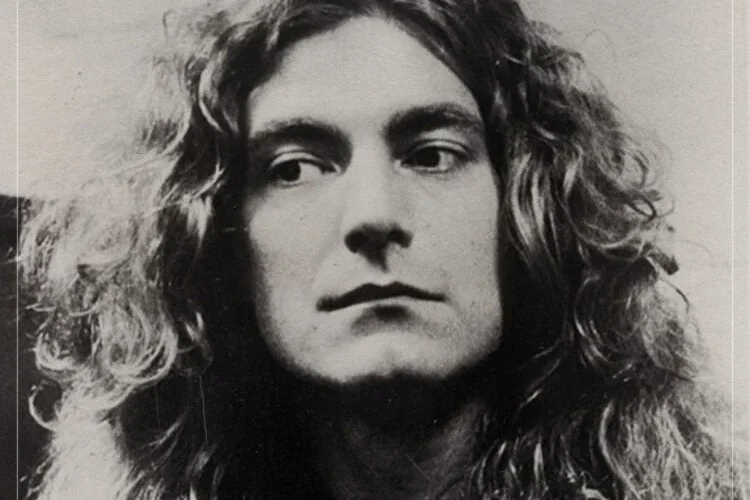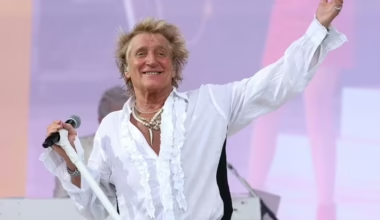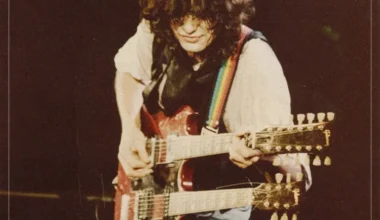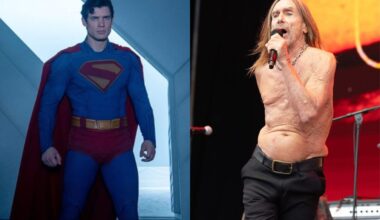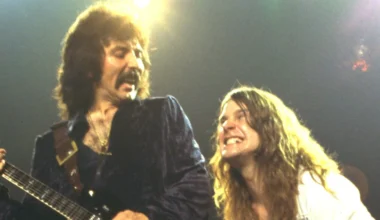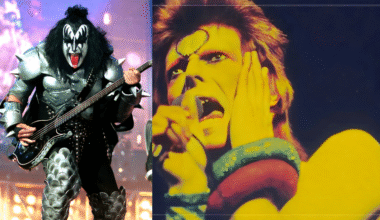By 1974, Robert Plant wasn’t just the lead singer of Led Zeppelin—he was the embodiment of what it meant to be a rock frontman. Towering with a mane of golden curls, often shirtless and barefoot, Plant commanded the stage with a magnetic presence. But it wasn’t just his look that left audiences in awe—it was *that voice*: a soaring, feral cry that could melt steel or whisper with haunting beauty.
Plant’s vocal range had become one of Led Zeppelin’s most defining elements. On thunderous tracks like “In My Time of Dying,” his blues-inflected wails pierced through Jimmy Page’s slide guitar and John Bonham’s pounding drums with electrifying power. Then there was “Kashmir”—a mystical, eastern-inspired epic released the following year but developed during this period—where Plant’s vocals dripped with ancient grandeur, evoking deserts, temples, and visions beyond the physical world. He wasn’t just singing; he was conjuring.
Creatively, 1974 marked a peak period for Led Zeppelin. While the band took a rare break from touring, they were deeply immersed in the writing and recording sessions for what would become Physical Graffiti (1975), a sprawling double album that captured the full breadth of their musical ambitions. It was a time of experimentation—blending hard rock with folk, funk, prog, and eastern motifs—and Plant was right at the center of that artistic expansion.
Offstage, Robert Plant was evolving too. Always a lover of literature and fantasy, he delved deeper into mythology, Celtic lore, and mysticism. These themes began threading through his lyrics with increasing depth and imagination. Songs like “The Rain Song” and “No Quarter” hinted at an artist who wasn’t content with rock clichés—Plant was searching for meaning beyond the material, exploring inner landscapes as much as he was writing for the stage.
Plant’s stage persona during this time was pure rock theater. Strutting with serpentine grace, mic stand in hand, he oozed both sexuality and mystique. He redefined what it meant to front a band—not just a singer, but a high priest of the music, channeling its energy with every motion and scream.
Even decades later, Robert Plant’s 1974 image and sound echo through generations of rock performers. His influence is woven into the DNA of rock and metal vocalists from Axl Rose to Chris Cornell. The emotional range, the wild abandon, the mystical flair—it all traces back to Plant’s golden era.
In 1974, Robert Plant wasn’t merely leading Led Zeppelin—he was redefining the limits of what a rock frontman could be. And in doing so, he ensured his place in the pantheon of music legends forever.
